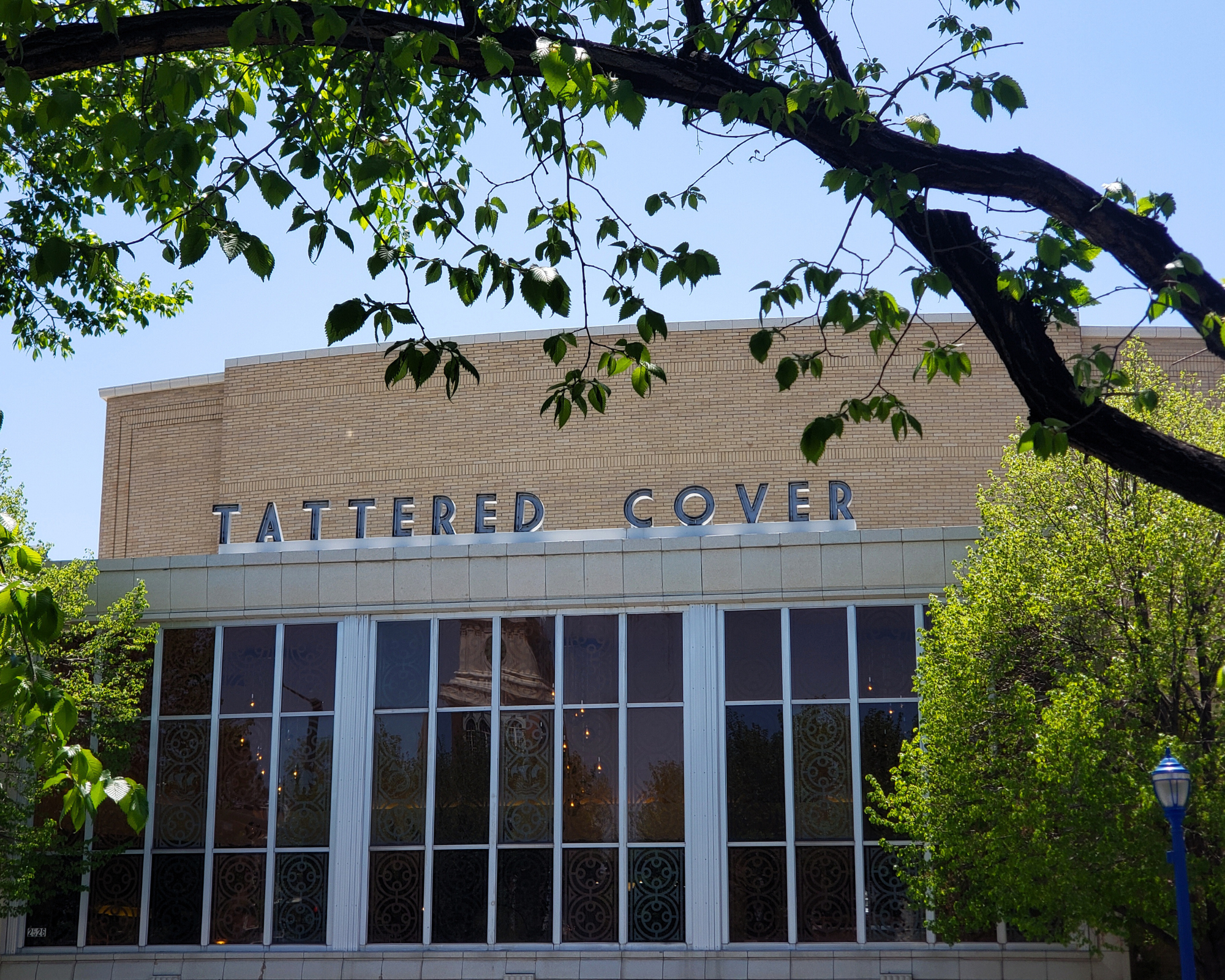
The Time Machine
Format: Paperback
ISBN: 9780141439976
Publication Date: 05/31/2005
Age Range: 18-18 years
Edition Description: Reprint
When a turn-of-the-century scientist travels into the distant future in his time machine, he expects to find progress and superior people. But instead he discovers a world in decay.|
Choose options

The Time Machine
Sale price$11.00
New Releases
Leave Me Alone!: A Good Inside Story About Deeply Feeling Kids
Becky Kennedy
Hardcover
Sale price$19.99
















